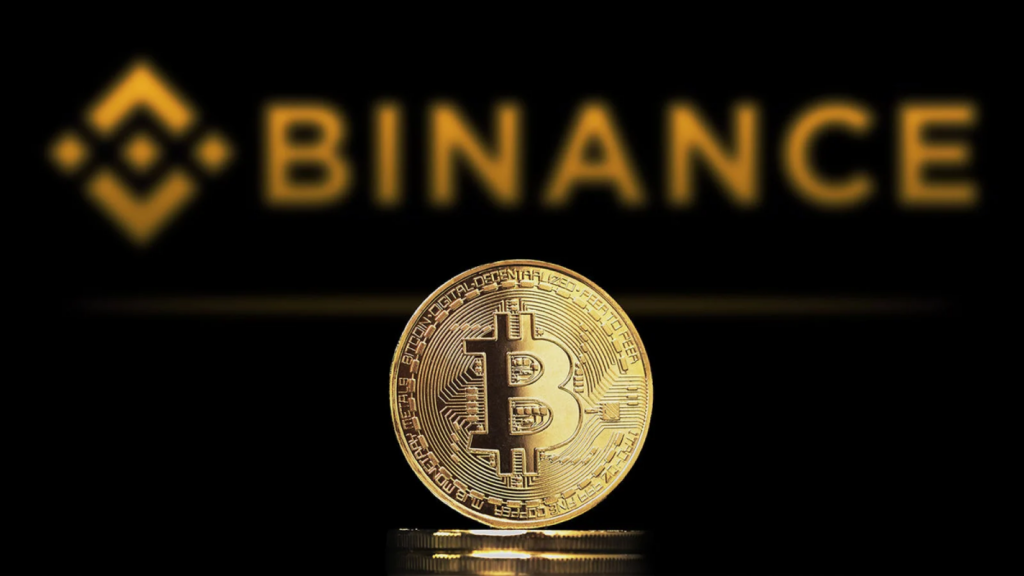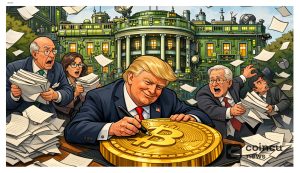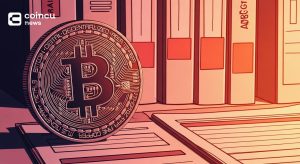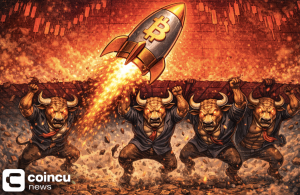Key Points:
- Binance drops the Bank of Venezuela from its P2P trading, part of a trend that includes sanctioned banks.
- The exchange’s move follows OKX and Bybit, which also exclude Russian-sanctioned banks, raising regulatory concerns.
- It has also faced a Department of Justice investigation regarding potential sanctions violations.
Cryptocurrency exchange Binance has made significant changes to its peer-to-peer (P2P) trading service, resulting in the removal of Venezuelan banks from its list of payment methods.

The move notably affects the Bank of Venezuela, a major financial institution in the country. Although Venezuelan private banks like Banesco, Banplus, and BBVA Province remain available on the Binance P2P platform, Banco de Venezuela has been conspicuously absent this week.
This comes in the wake of Binance‘s recent actions against Russian banks, suggesting a broader trend. Last week, it took similar steps against Russian banks facing international financial sanctions, mirroring moves by other major exchanges like OKX and Bybit.
Both of these exchanges have also opted to exclude sanctioned Russian banks from their payment options. Notably, Tinkoff Bank and Sberbank have been removed from the lists of P2P transactions on Bybit and OKX.
Amidst these developments, some Banco de Venezuela users have reported finding a workaround. They can still conduct transactions through the Mobile Payment option, albeit with certain limitations on transfer amounts.
Concerns have been raised over Binance’s operations, particularly with regard to helping Russians transfer funds internationally. This has attracted legal attention, especially from the United States.
There are indications that, despite challenges, the exchange continues to process substantial ruble volumes, often involving banks blacklisted by Western nations.
It’s worth noting that Binance has been under scrutiny for potential violations of sanctions against Russia, as indicated by a Department of Justice investigation reported by Bloomberg in May.
DISCLAIMER: The information on this website is provided as general market commentary and does not constitute investment advice. We encourage you to do your own research before investing.






















